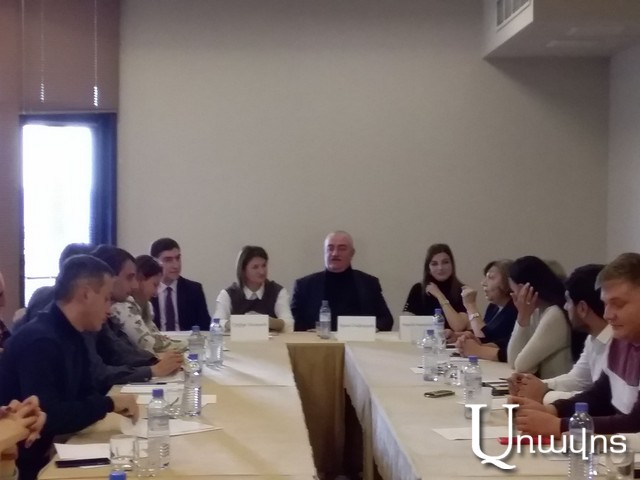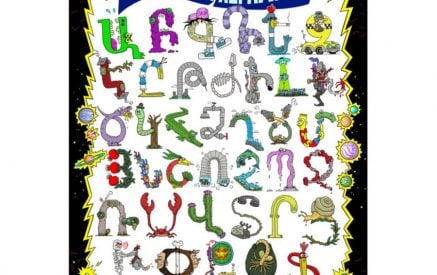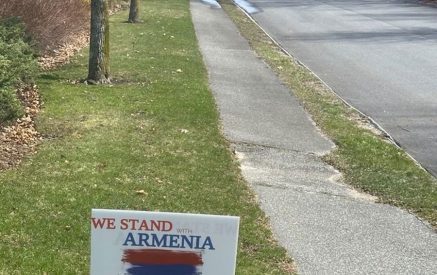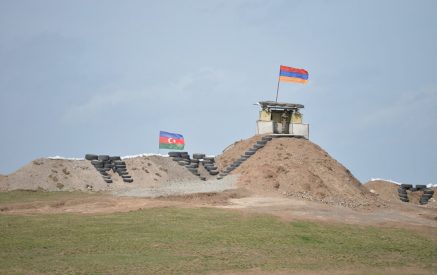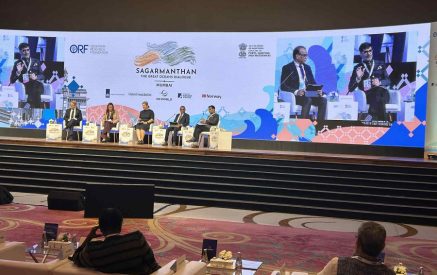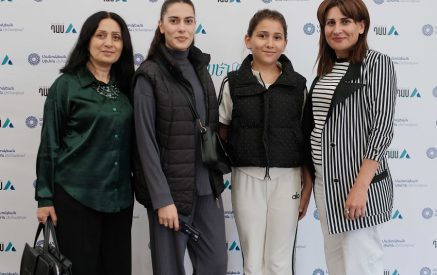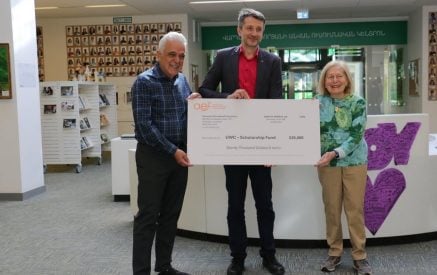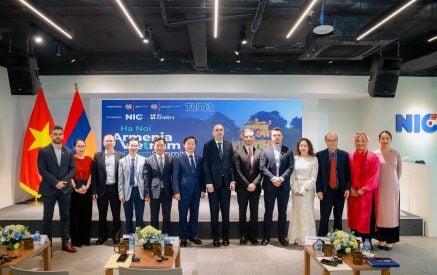“If we wish to compete with the larger and smaller nations of the world, we first need to accept that very formal and structural changes have taken place in our country that we have ignored, one of which is learning languages.” Head of the Integration and Development NGO Aram Safaryan expressed this opinion at a panel about the main issues facing higher education in Armenia today. The Yerevan State University professor sadly noted, “Many of our students cannot write well in Armenian, English, or Russian. We cannot be competitive in such circumstances, and we should have been thinking about what to do to resolve this problem a long time ago.”
Being fluent in Armenian, Russian, and English, according to Aram Safaryan, is a requirement of the 21st century and a necessity in order to create a competitive state. According to him, Armenia does not have billions and other resources. Our only resource is our intellect, and Armenians have natural abilities when it comes to picking up other languages.
Aram Safaryan also emphasized that knowing Russian, which was a normal thing for Armenians several decades ago, is also an issue. However, Armenia is in a situation where knowing Russian is mandatory for development both from a regional perspective and based on interests. “Knowing Russian is one of our marketing advantages. This is the capital that we need to develop our country. Regardless of how people view the CIS, EAEU, or the CSTO, knowing Russian is mandatory.”
He also spoke about the fact that American language centers have been in Armenia for a long time. The EU is also active in offering educational programs. Yerevan State University even opened an American analysis center several days ago. As a result of all of this, Aram Safaryan believes that the USA and the EU are spending money and creating initiatives for Armenian students to go to other countries. “I am not against that. These are great opportunities for our youth. Even more so since our foreign policy requires us to have open relations with everyone, especially our ally, Russia.”
Read also
Nelly Grigoryan




















































